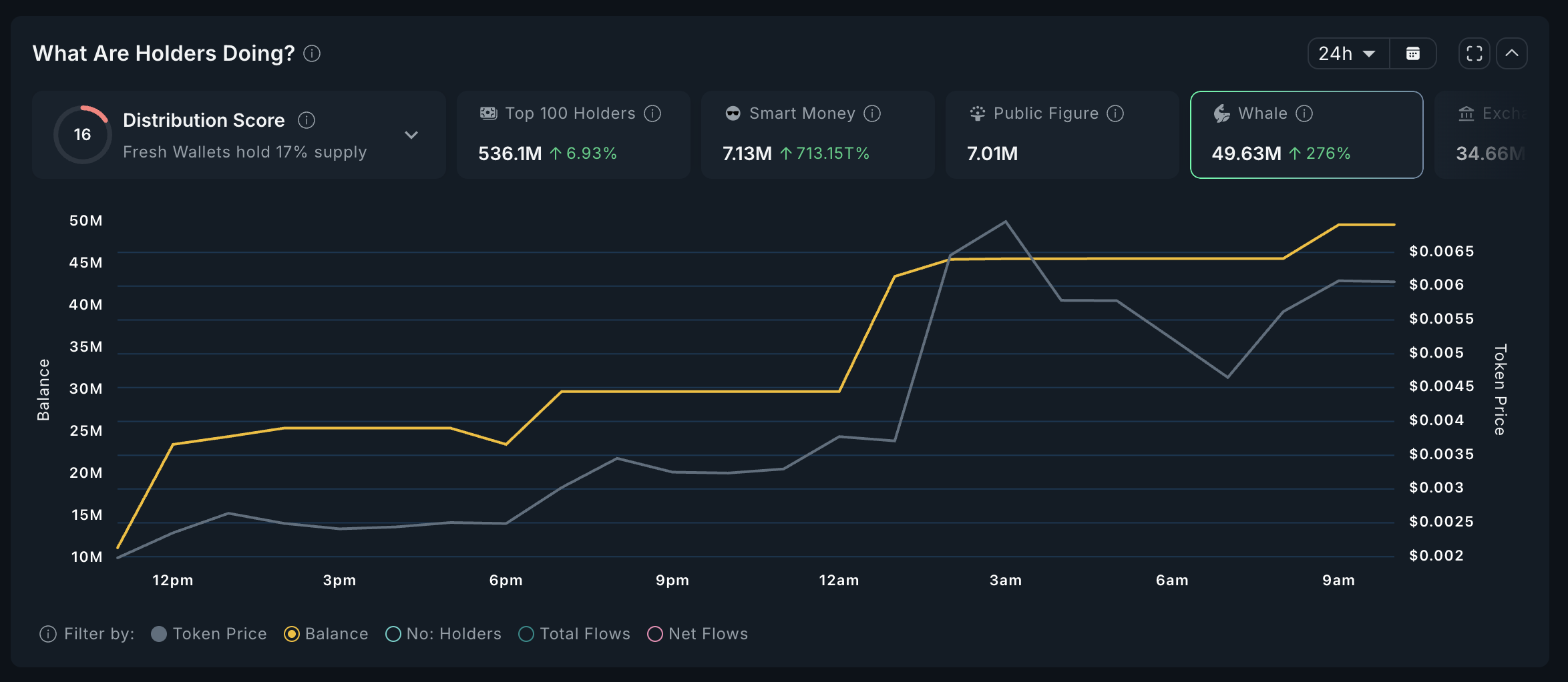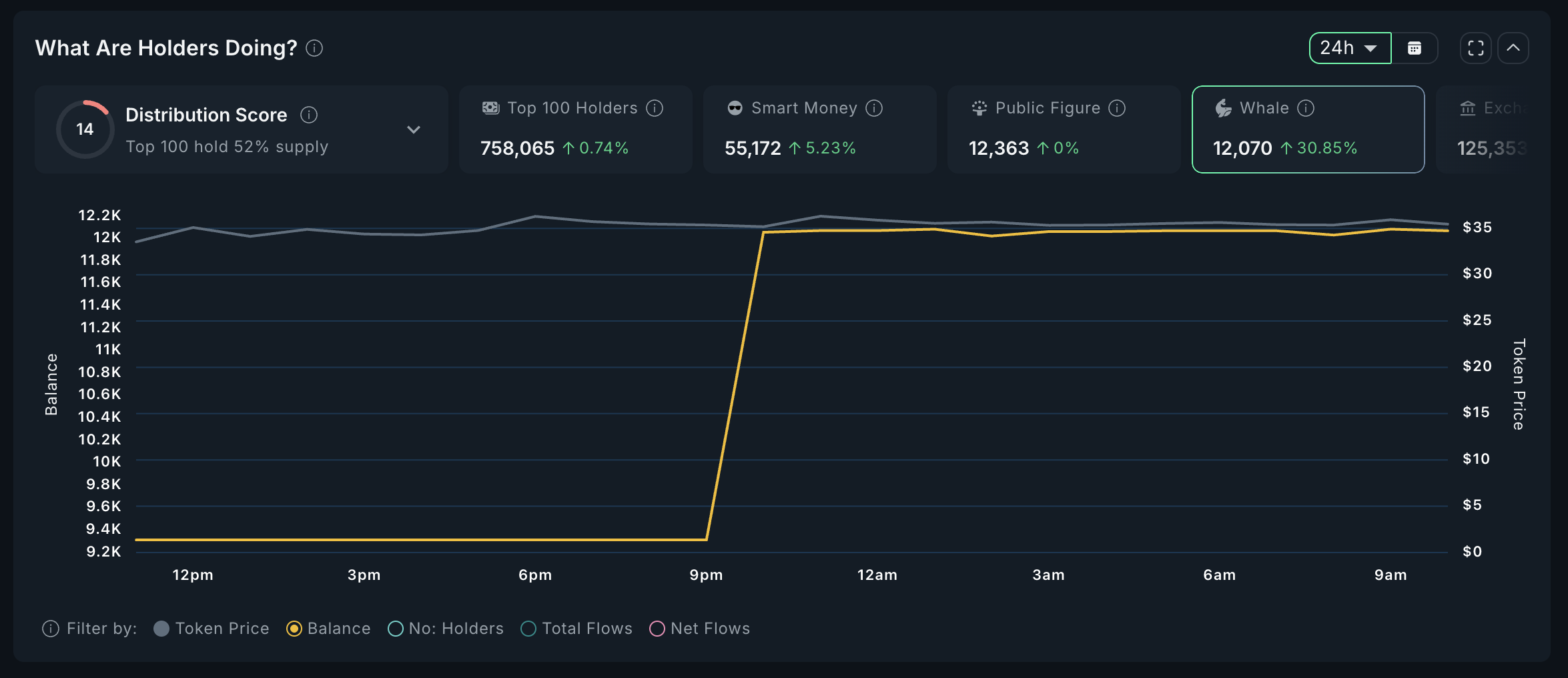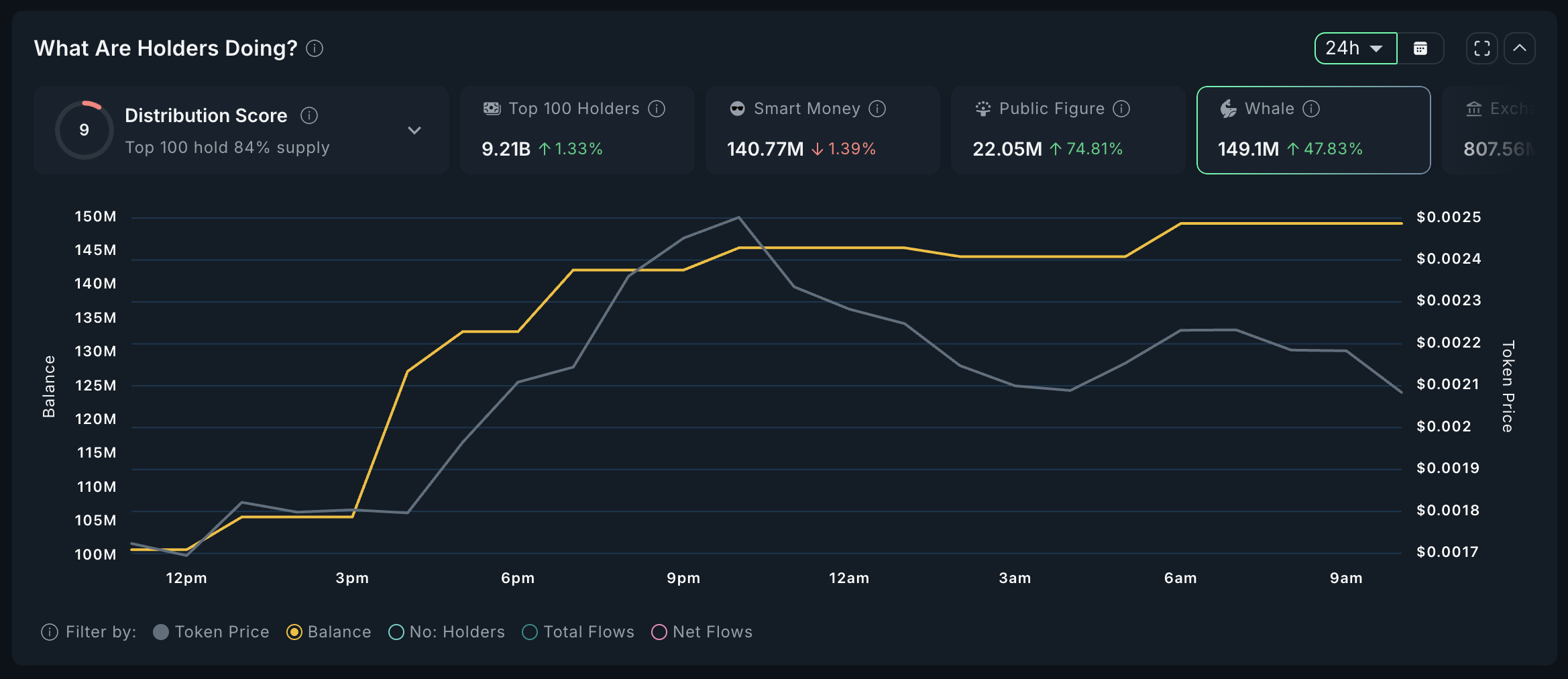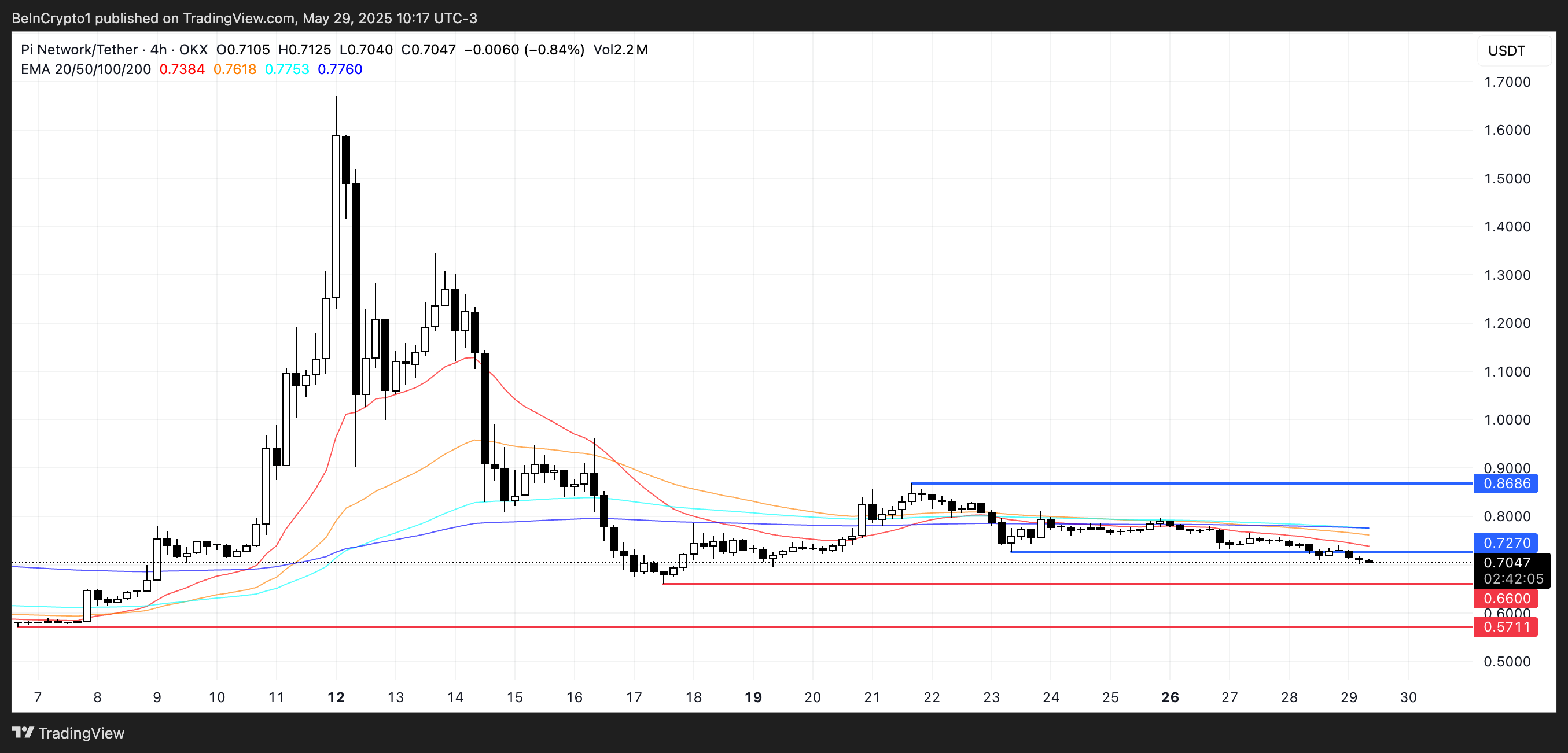Apple Inc. (NASDAQ: AAPL) is facing a turbulent landscape following the launch of its latest smartphone series, the iPhone 16. While the tech giant has a loyal fanbase, recent consumer feedback indicates a mixed reception that has left analysts reevaluating their predictions for the company’s stock performance.
Analysts Weigh In – Jefferies Downgrades AAPL
In a recent investor note dated October 7, Jefferies analyst Edison Lee downgraded Apple’s stock from ‘Buy’ to ‘Hold,’ adjusting the price target to $219.92. Lee cautioned that expectations surrounding the iPhone 16—and even the anticipated iPhone 17—may be overly optimistic. He pointed out that the lack of groundbreaking features and limited advancements in artificial intelligence (AI) capabilities could lead to stagnating demand. Jefferies projects only a modest 2.5% growth in the iPhone 16’s lifecycle volume, which raises questions about Apple’s ability to generate excitement around its latest offerings.
Long-Term AI Potential vs. Short-Term Valuation Concerns
Despite the short-term caution, Jefferies remains bullish on Apple’s long-term AI prospects, predicting that by late 2026, there will be 490 million AI-capable iPhones on the market. However, Lee expressed concerns over the current price-to-earnings (PE) ratio of 33x for FY24E—close to Apple’s all-time high—suggesting limited upside in the near term. The analyst emphasized that significant advancements in smartphone technology are still a few years away, with the iPhone 17, set for release in 2025, possibly being the device that triggers a wave of upgrades.
Lee also highlighted Apple’s strategic partnership with Taiwan Semiconductor Manufacturing Company (NYSE: TSM), which positions the company well against Android competitors in the AI space. However, the analyst warned that Apple’s current growth trajectory appears stretched, particularly given the slowdown in smartphone demand.
Concerns Over Consumer Demand for iPhone 16
The initial rollout of the iPhone 16 has been met with disappointing pre-order numbers, resulting in a slowdown in AAPL’s share price. While Jefferies’ downgrade contributed to this sentiment, new data indicating that iPhone 16 lead times are stabilizing suggests that supply is beginning to meet demand, potentially alleviating some concerns.
Also Read: Apple Unveils Major Updates to Comply with EU’s Digital Markets Act
Despite the mixed outlook, some analysts remain optimistic. Atif Malik from Citi reaffirmed a ‘Buy’ rating with a price target of $255, even as the bank adjusted its iPhone unit forecast downward by two million units for both the September and December quarters. On the other hand, Evercore ISI maintained an ‘Outperform’ rating with a $250 target, citing shorter delivery windows for the iPhone 16 as a positive sign.At the close of trading on October 4, AAPL shares were valued at $226, showing a modest increase of 0.50% for the day.










